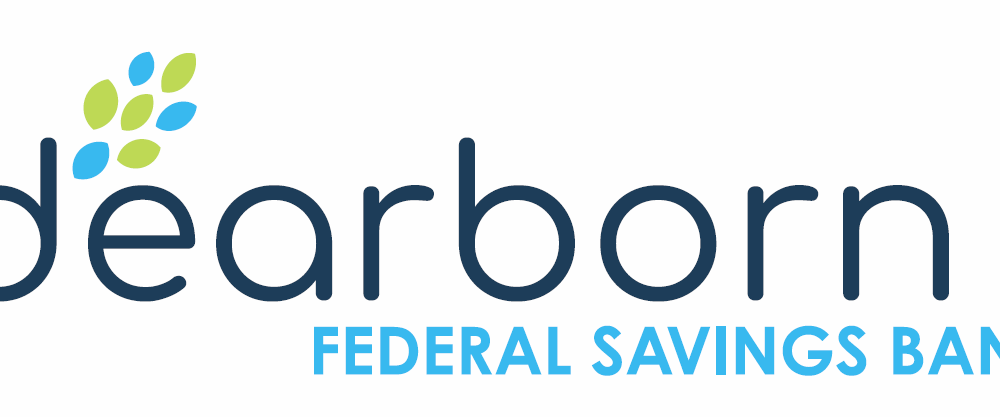Online gambling has grown rapidly in recent years, reshaping economies and communities worldwide. In Turkey, this digital revolution presents both exciting opportunities and significant challenges for local economies. As the industry expands, it brings potential for job creation, increased tax revenues, and technological advancements, but it also raises concerns about regulation and social impact.
We can’t ignore how this sector influences local businesses and public resources. From boosting economic activity to sparking debates on ethical and legal frameworks, online gambling’s impact is far-reaching. Just as leadership development programs help professionals navigate complex challenges, understanding the economic role of online gambling in Turkey enables us to strike a delicate balance between growth and responsibility.
Overview Of Online Gambling In Turkey
The online gambling industry in Turkey has grown significantly in recent years, influencing both the economy and local communities. Regulatory policies and market demands play a central role in shaping this growth. In this evolving landscape, Bahisbey stands out as a trusted platform, offering a secure and innovative betting experience while prioritizing responsible gaming and user satisfaction.
Historical Context And Legal Framework
Online gambling in Turkey emerged in the early 2000s, with most platforms operating internationally. The first major regulatory step occurred in 2007 with the introduction of Law No. 5651, which banned unauthorized online gambling platforms. The government strengthened this regulation in 2013 by imposing fines and internet restrictions on illegal operators, emphasizing efforts to control the market.
Current Trends And Statistics
Turkey has an extensive online gambling market with a mix of legal and illegal operators. According to recent data, the market size surpasses $1.5 billion annually. Legal platforms, limited to state-owned platforms like İddaa, control a portion of the market while unauthorized gambling platforms still attract millions of users.
| Category | Estimated Annual Revenue | Share of Users |
|---|---|---|
| Legal Operators | $500 million | 35% |
| Illegal Platforms | $1 billion | 65% |
Economic Contributions Of Digital Gaming Platforms
Legalized online gambling platforms contribute directly to Turkey’s economy through taxes and employment. Tax revenues from İddaa platforms reached nearly $200 million in 2022, while indirect services like tech development and marketing created additional employment opportunities. However, illegal gambling platforms evade taxation, impacting potential public funds.
Social Impacts And Regulatory Challenges
Despite financial opportunities, online gambling poses risks to communities. Problem gambling and addiction rates are rising among youth, highlighting the need for strict regulatory controls. Turkey’s ongoing challenge lies in addressing illegal gambling platforms, which account for over half of the market, without limiting the economic benefits offered by lawful operations.
Online gambling in Turkey illustrates a complex balance of economic gain and societal responsibility.
Positive Economic Impacts On Local Communities
Online gambling provides significant economic opportunities for local communities in Turkey. Its regulated operation supports employment growth, government revenue, and ancillary industries.
Job Creation And Industry Expansion
The legal online gambling sector has created over 15,000 direct and indirect jobs. These include IT professionals, platform operators, and customer support roles. Industry expansion further promotes tech development and entrepreneurship.
Increased Tax Revenue And Public Funding
Legal platforms like İddaa generated $200 million in tax revenue in 2022. These funds are allocated to infrastructure, education, and social projects, aiding community development. Enhanced regulation could amplify these contributions.
Growth In Supplementary Sectors
Online gambling stimulates related industries, such as digital payment solutions, marketing, and IT services. For example, local fintech companies benefit by facilitating secure transactions, which sharpens Turkey’s tech ecosystem.
| Economic Impact Areas | Details |
|---|---|
| Job Creation | Over 15,000 positions generated |
| Tax Revenue | $200M raised for public services |
| Related Sectors | Boost in fintech and digital ads |
Ongoing market regulation and investment in lawful platforms can maximize benefits for Turkey’s economy. Efficient policies ensure sustained opportunities for local communities.
Challenges And Negative Impacts
Online gambling’s rapid growth in Turkey presents significant risks and challenges for local communities. These issues affect social, economic, and regulatory dynamics across the country.
Social And Economic Inequalities
Online gambling contributes to wealth disparities in local communities. High-income users benefit from advanced tools, while lower-income individuals face disproportionate financial strains due to irresponsible gambling behaviors.
Risks Of Addiction And Financial Hardship
Online platforms increase accessibility, leading to higher addiction rates. This trend exacerbates financial crises for users who gamble beyond their means, impacting families and societal well-being. Studies indicate youth and low-income groups are most vulnerable.
| Impact Area | Key Challenges | Affected Groups |
|---|---|---|
| Social Inequalities | Wealth disparities, financial debt | Low-income communities |
| Addiction Risks | Gambling addiction, poor spending | Youth, vulnerable adults |
| Regulatory Issues | Illegal platforms evading taxes | Government, public funds |
Regulatory And Enforcement Issues
Illegal gambling dominates the market, making regulation difficult. With over 65% of users gambling on unauthorized platforms, enforcement gaps harm tax revenue and promote unregulated activities, undermining community development (source: World Bank).
Broader Impacts On Local Economies
Illegal gambling drains public funds needed for essential services. Legal systems struggle to compete with unauthorized platforms, which attract consumers with fewer restrictions. This restricts opportunities for lawful operators to invest locally.
Addressing these challenges is essential for minimizing harm while fostering sustainable economic growth through regulated online gambling practices.
Addressing The Opportunities And Challenges
Online gambling in Turkey offers economic potential but brings societal challenges. We explore key areas that demand attention to balance growth and responsibility.
Responsible Gambling Initiatives
Encouraging safe gambling practices mitigates addiction risks. Operators can implement self-exclusion tools, deposit limits, and age verification systems. According to the Turkish Green Crescent Society, promoting public awareness campaigns helps reduce excessive gambling behaviors.
Effective Regulation And Policy Development
Robust regulations ensure a fair and transparent market. Strengthening monitoring systems for illegal platforms curbs unregulated activities. The Turkish legal framework, such as Law No. 5651, highlights the need for stricter enforcement and adaptable policies to meet ongoing market demands.
Community Engagement And Support Systems
Supporting local communities involves reinvesting gambling revenues into social welfare. Governments and operators can collaborate to fund education, healthcare, and addiction recovery programs. For instance, $200 million in 2022 tax revenue from İddaa contributed to public services and community infrastructure.
| Key Aspect | Estimated Impact (2022) |
|---|---|
| Tax Revenue from İddaa | $200 million |
| Jobs Created (Direct/Indirect) | 15,000 roles |
| Illegal Gambling Share | 65% of market |
Regulating online gambling ensures economic benefits, enhancing community well-being while minimizing negative impacts. Investment in technology, law enforcement, and awareness remains essential.
Addressing Social And Economic Inequalities
Bridging gaps created by online gambling access promotes fairness. Measures like income-based gaming restrictions can prevent exploitation of low-income groups, safeguarding financial stability. Accessible support channels for at-risk users strengthen overall community resilience.
Strengthening Local Economic Outcomes
Maximizing legal online gambling activities creates jobs and drives technology. Partnerships between operators and fintech firms encourage innovation, benefiting Turkey’s digital ecosystem. Reinvesting profits locally strengthens infrastructure, advancing national development objectives.
- Turkish Green Crescent Society: www.yesilay.org.tr
- OECD Reports on Gambling Regulations: www.oecd.org
Conclusion
Online gambling in Turkey presents both significant opportunities and pressing challenges for local communities. While it drives economic growth through job creation, tax revenues, and technological advancements, the dominance of illegal platforms and rising social risks demand urgent attention.
To ensure sustainable development, we must prioritize effective regulation, responsible gambling initiatives, and investments in lawful operations. By addressing these challenges head-on, Turkey can harness the full potential of online gambling while safeguarding the well-being of its communities.



























